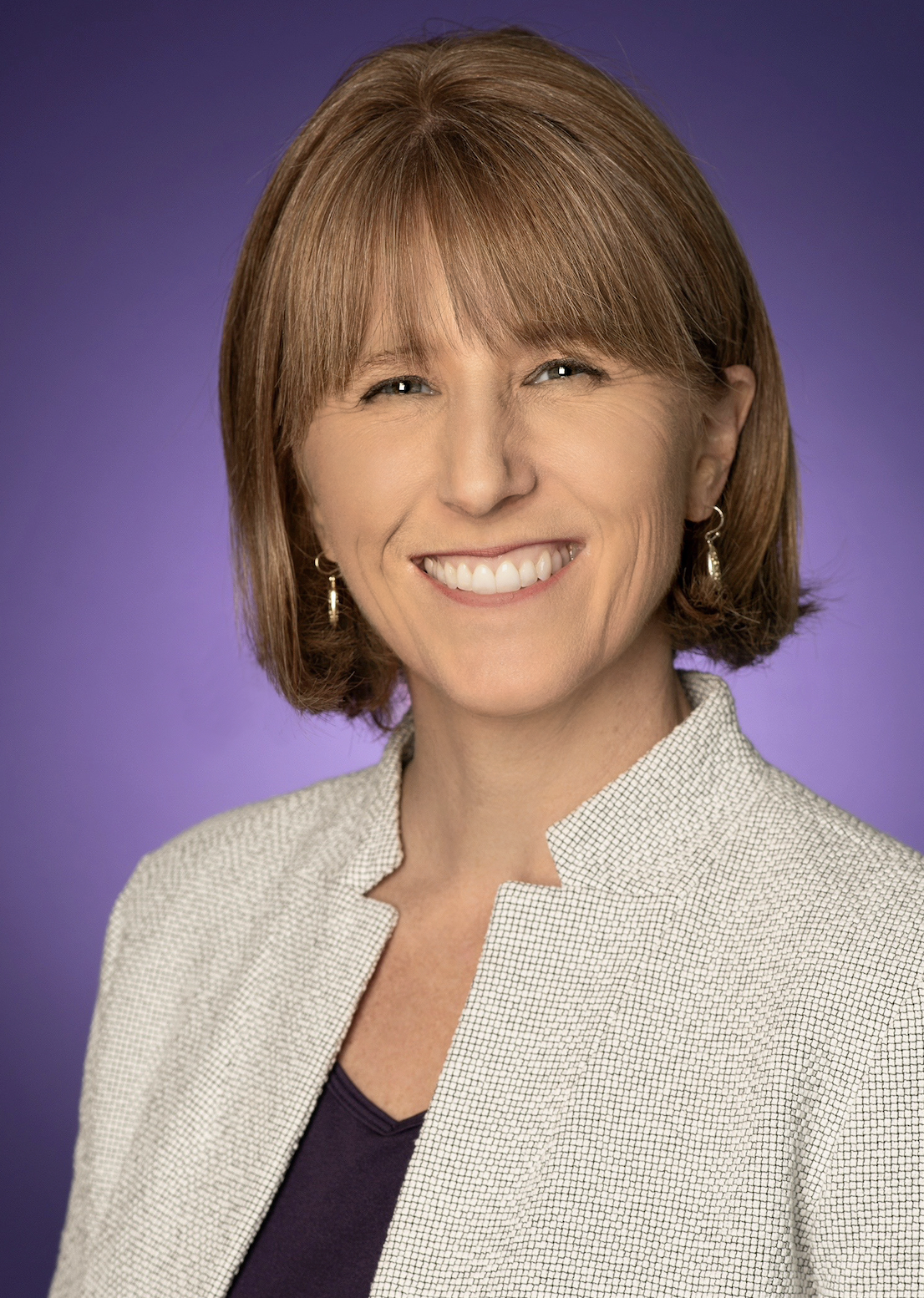Watch a brief video about the Writing Workshop on this topic.
It’s no secret that establishing and maintaining a healthy publication record in academia is an arduous process. At some point in our academic careers, many faculty members will experience a pre-tenure frenzy to “publish or perish,” a post-tenure writing slump, or a challenge to protect writing time within a sea of other obligations. Writing Workshop: Being a Productive Teacher-Scholar was a two-part series aimed at offering faulty members and graduate students a chance to reflect on what gets in the way of scholarly writing, explore strategies and tips, and join a writing group.
During the workshops, attendees openly shared some of their struggles when it comes to academic writing. For example, a parent of young children described how difficult it is to designate time to write with such a sporadic sleep schedule; someone else hoping to resume a project after a long absence was seeking a starting place. Although attendees were diverse in terms of rank, department, and field of expertise, everyone seemed to share the belief that academic writing can be a difficult undertaking.
Simply stated, “productivity is ultimately related to getting words on paper” (Nygaard, 2017, p. 527). For professors, some of the most commonly reported challenges to productivity fall into three main categories. First are competing work obligations such as teaching, committee work, and advising (e.g., Tagliaventi, Carli, & Cutolo, 2019). Second are personal issues such as health, family demands, or fears associated with writing (Toor, 2013). A third category of challenges includes difficulty setting and maintaining boundaries around writing time (Silvia, 2007). Other work and personal obligations can intensify the challenge of setting and maintaining boundaries.
Fortunately, there are ways to work through these challenges. Dr. Steve Sherwood, Director of the William L. Adams Center for Writing, offered some recommendations at both of the workshops. One suggestion was to break large projects into a series of short assignments or segments. Citing a chapter titled “Short Assignments” from Anne Lamont’s (1994) book, Bird by Bird: Some Instructions on Writing and Life, Steve explained how working on a project one small step at a time can lead to big gains over time. Steve also emphasized the importance of identifying specific, measurable goals for scholarship, and he invited attendees to use a SMART goals template to map out attainable, realistic, timely writing goals.
Drawing from books, articles, and personal experiences, the workshops included additional recommendations for overcoming challenges to academic writing, such as:
- Plan ahead. It’s much more difficult to be productive by “finding” writing time rather than being intentional about when to write.
- Schedule writing appointments in your calendar and reserve that time for writing only. Know that it’s OK to say no to other people if it means protecting your writing time because writing is part of your job.
- Write for 15-25 minutes, then take a 5 minute break and repeat the process. Apps such as Be Focused can help writers keep track of time spent writing.
- Turn off your “internal editor.” Write out a crummy first draft and edit later.
- Engage in non-writing tasks that feed productivity(e.g., collect articles for a literature review, read).
- Take a break. Stepping away from writing can reinvigorate your interest in the project.
- Set up mechanisms for accountability (e.g., join a writing group).
As a result of the workshops, two types of 8-week writing groups emerged. One group focused on daily accountability. Participants of this group sent a daily email to each other stating the number of minutes spent writing that day. To minimize the time spent writing and reading these emails, members simply recorded the number of minutes in the email’s subject line. This approach is advocated by Tara Gray, author of the book Publish and Flourish (2005). Another group focused on weekly accountability. Participants in this group sent weekly emails to each other to share goals for the coming week as well as “wins” from the prior week.
The following campus resources can be invaluable for professors seeking guidance, feedback, and assistance with academic writing:
- William L. Adams Center for Writing. Staff are available to assist with writing projects such as conference proposals, journal manuscripts, and grant applications. For information about services for faculty writing projects, visit http://wrt.tcu.edu/faculty-resources or email Dr. Steve Sherwood at s.sherwood@tcu.edu
- Mary Counts Burnet Library. TCU’s research librarians can assist faculty in many ways during the research process. Additionally, hidden work spaces in the library include faculty research rooms (based on availability) and the Lizard Lounge.
You can read more about overcoming common challenges to writing for publication here:
Editors. (April, 2017). How to make time for research and writing. The Chronicle of Higher
Education. Retrieved from https://www.chronicle.com/article/How-to-Make-Time-for Research/239724
Schuman, R. (November, 2018). The worst writing advice in the world. The Chronicle of Higher Education, 65(10), 1. Retrieved from https://www.chronicle.com/article/The-Worst-Writing-Advice-in/244972
Schuman, R. (November, 2018). Advice: A New Series on Scholarly Productivity: “Are You Writing?” The Chronicle of Higher Education, 65(12), p. 26. Retrieved from https://www.chronicle.com/article/A-New-Series-on-Scholarly/244689
Silva, P. J. (2007). How to write a lot. Washington, D. C.: American Psychological Association.
Sword, H. (2012). Stylish academic writing. Cambridge, Mass: Harvard University Press.
Toor, R. (June, 2013). I don’t write enough because… The Chronicle of Higher Education. Retrieved from https://www.chronicle.com/article/I-Dont-Write-Enough-Because/139875
References
Gray, T. (2010). Publish & flourish: Become a prolific scholar. Ashland, OH: Book Masters, Inc.
Lamott, A. (1994). Bird by bird: Instructions on writing and life. New York, NY: Pantheon.
Nygaard, L. P. (2017). Publishing and perishing: An academic literacies framework for investigating research productivity. Studies in Higher Education, 42(3), 519-532.
Silva, P. J. (2007). How to write a lot. Washington, D. C.: American Psychological Association.
Toor, R. (June, 2013). I don’t write enough because… The Chronicle of Higher Education. Retrieved from https://www.chronicle.com/article/I-Dont-Write-Enough-Because/139875

Bauml, Michelle
This article was written by Michelle Bauml, Associate Professor of Early Childhood Education, for the Spring 2020 Issue of Insights.